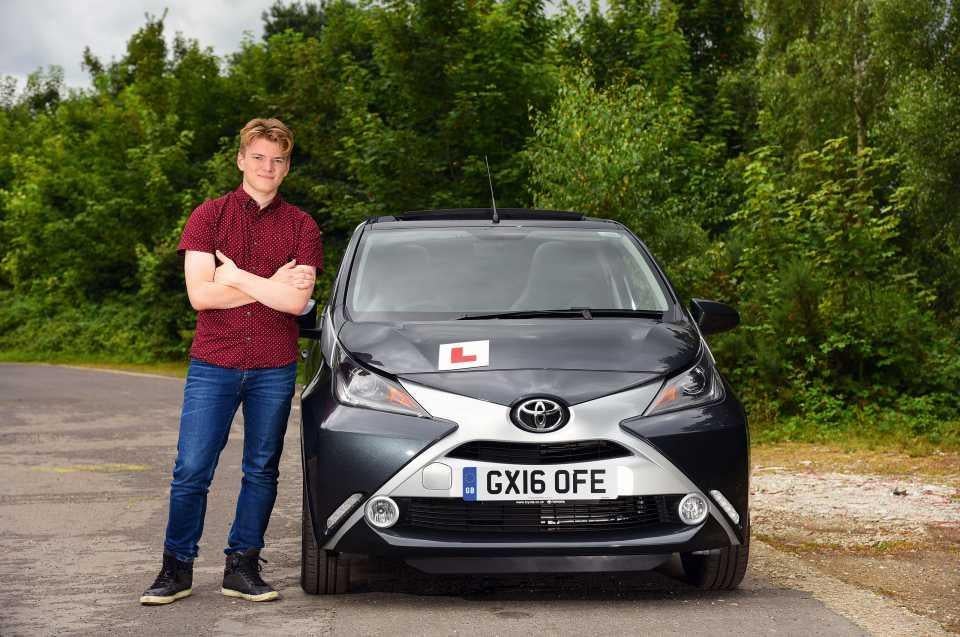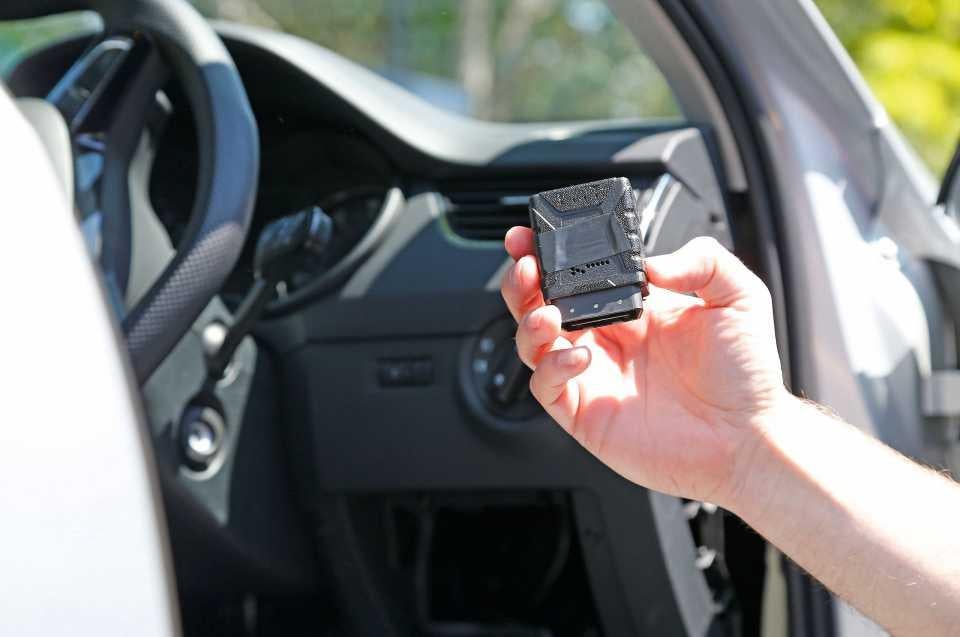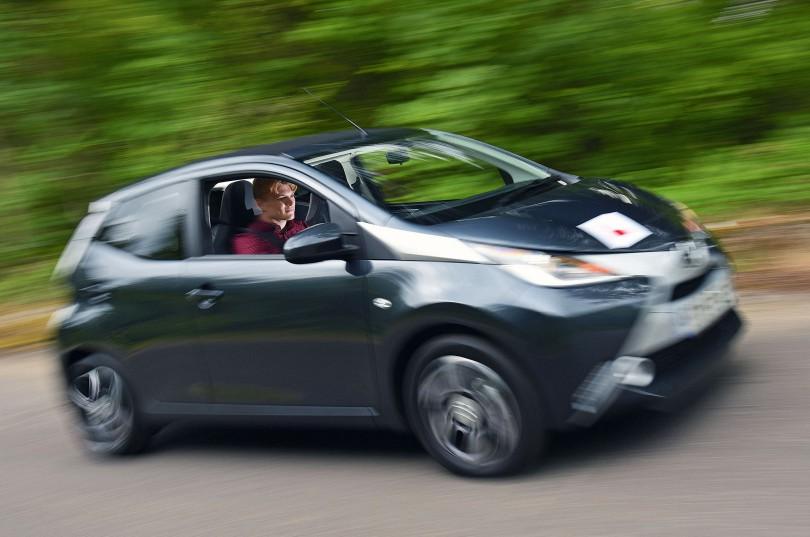Top tips on buying your first car
How to make sure your first car is safe, dependable and doesn’t cost you a fortune

You never forget your first car. Want to make sure it’s for the right reasons, rather than memories of it being an unreliable money pit? Here’s some advice on picking up a first car that’s safe, cheap to run, reliable – even one with a little bit of fun thrown in…
Cars are expensive, particularly new ones, so the first consideration will be whether to go new or used. Naturally, used cars are far cheaper – around 30-40% of the new price after just three years. However, new cars have better warranties than used cars, which may inevitably also face higher ongoing running costs due to the extra wear on their parts. Finance offers are usually more competitive on new cars than used, too.
This can be where today’s young drivers can often be surprised. The modern PCP deal sometimes makes it cheaper to buy a new car than save up and try to find a decent used one. Monthly payments are low because a chunk of the car’s value is held over until the end of the deal. If you have enough money to buy a ropey secondhand car, you could put that into a new car and then pay less than £100 a month for the finance. Check out the deals: you might be amazed at what you can have.

Safety is a biggie, given how first-time car buyers are often new and inexperienced drivers. A rule of thumb is that the newer the car, the safer it is – this is where buying a new car becomes even more appealing. Look out for standard safety kit features: electronic stability control and lots of airbags are invaluable (ESC is now standard on all new cars). Euro NCAP has crash-tested hundreds of cars over the years: check out the website to see how particular cars perform.
The biggest headache for young drivers is car insurance. The average premium for a 17-year-old driver tops £2000, which is a breathtaking amount for someone invariably on a budget. How, then, do you minimise insurance costs? Firstly, by choosing a car in a low insurance group – smaller cars with smaller engines are usually best – and then considering a restricted-mileage policy, perhaps with a large excess.
You could also add a parent onto the policy, to spread the risk Be wary of ‘fronting’ though. Don’t make them the main driver if it’s your car, as this is insurance fraud. Telematics policies are becoming more popular too: a black box records your driving, adjusting the risk according to how smooth you are the times that you drive and other factors. If you’re sensible, the savings can be significant. If you’re not, prices will rocket…

Insurance can be where car manufacturer ‘all-in-one’ deals come in. New cars can be bought with car and insurance bundles: Peugeot, for example, has the Just Add Fuel scheme, which offers 18-24 year olds a brand new car with telematics insurance for a fixed price over three-year deals. Place a £500 deposit and a Peugeot 108 1.0 Active for an 18-year-old can be had for £240 a month: as the name suggests, all running costs apart from fuel are included. Marmalade, a specialist car insurer, also offers a new car and insurance bundle, called Fuel & Go.
Overall, we’d say it’s still probably the cheapest option for first-time car buyers to take the used car route, particularly if they’re young. However, all-in-one PCP lease schemes are becoming ever-more competitive, and will also solve the tricky challenge of your first car insurance deal. Over to you: make sure your first car memories are happy ones.
Rob Adams is a writer for WhatCar.
Join our commenting forum
Join thought-provoking conversations, follow other Independent readers and see their replies
Comments
Bookmark popover
Removed from bookmarks